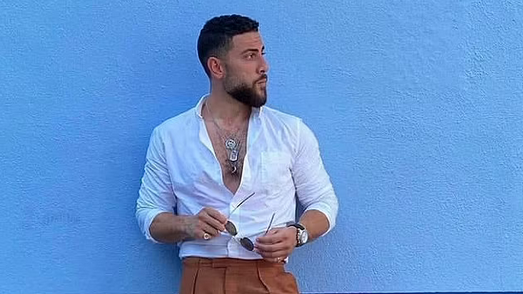Are covid-19 shots still free? Covid-19 shots are no longer
free! According to KFF, the Biden Administration has announced that
absent further Congressional action, it no longer has funding to make
additional purchases and has begun to plan for the commercialization of
COVID-19 vaccines.
This means that manufacturers will negotiate prices directly
with insurers and purchasers, rather than just the federal government, and
prices will rise.
Similarly, we examined the implications of commercialization
for access to and coverage of COVID-19 vaccines and discovered that most, but
not all, people will continue to have free access.
Nonetheless, the cost of purchasing vaccines for the
population is likely to rise per dose, though the extent to which this affects
total health spending depends on vaccine uptake and any negotiated discounts,
among other factors.
Read also: What Happens If You Eat Bread Everyday?
FAQs Related To Are Covid-19 Shots Still Free
Will you be able to pay for a Covid vaccine?
Can I get a COVID-19 vaccine privately or through a
pharmacy? The COVID-19 vaccination is only available to eligible groups through
the NHS and is free of charge.
Which COVID vaccine is safest?
The Pfizer and Moderna vaccines are highly recommended for
preventing serious illness or death from COVID-19. From December 2020 to
December 2021, approximately 470 million doses of the COVID-19 vaccine were
administered in the United States.
Where can I get the yellow fever vaccine in Lagos?
The Port Health Office is located along the International
Airport Road, Ikeja-Lagos, next to the Murtala Muhammed Airport Access Plaza.
Murtala Muhammed Murtala Muhammed Murtala Muhammed (at the arrival level of the
airport, ask for the Port Health Services office).
Read also: Does Working Out Count As Exercise?
Is the Covid vaccine free of charge in the US?
Your COVID-19 vaccine is free of charge. Your COVID-19
vaccine is completely free.
How quickly can I get vaccinated?
You must wait 24 hours after your first dose before booking.
If you are unable to book appointments online, you can call 119 for free.
How long between Pfizer shots?
If you received the Pfizer/BioNTech vaccine, the CDC
recommends that you receive your second dose three weeks (or 21 days) after the
first. If you have received the Moderna vaccine, the CDC recommends that you
receive your second dose four weeks (or 28 days) after the first.
Read also: What Foods Taste Best With Turmeric?
Are Johnson and Johnson a good vaccine?
Later that year, in early October, the CDC approved the
Johnson & Johnson booster after the company shared data—including 94%
efficacy against symptomatic disease after a booster—that put its vaccine on
par with Pfizer-BioNTech and Moderna's mRNA COVID-19 vaccines.
How does Pfizer vaccine work?
The Pfizer and Moderna vaccines contain an mRNA fragment
that encodes for a portion of the coronavirus spike protein. When we receive
the vaccine, our cells produce that protein - a fragment of it - and our bodies
mount an immune response to it.
How long does COVID last?
Most people with COVID-19 recover within a few days to a few
weeks of infection, so post-COVID conditions should be identified at least four
weeks after infection.
How much is Yellow Card?
Pay the sum of 2,000 either online or at a bank. Take your
payment receipt and your International Passport to any Port Health Services
office located within an international airport in any state. Obtain the new
e-Yellow Card and get vaccinated.
Read also: Which Weight Loss Plan Is Most Effective?
What to do before a booster shot?
On the day of your vaccination, eat something and drink
plenty of water. Some people become dizzy or lightheaded after receiving any
type of shot. Proper nutrition and hydration will help to counteract this.
Can I take ibuprofen after Covid vaccine Pfizer?
To relieve pain, apply a clean, cool, wet washcloth to your
arm. It may also be beneficial to exercise your arm. If you have a fever, stay
hydrated and wear light clothing.
Pain, fever, headache, or discomfort can be relieved with
over-the-counter medications such as Tylenol® (acetaminophen), Motrin®, or
Advil® (ibuprofen).








